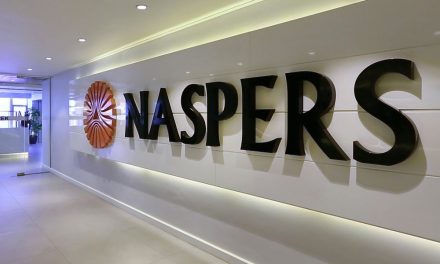
Local bank issues first Green Bond in southern Africa

In a move to make green project financing easy to access, Bank Windhoek positioned itself as the first commercial bank to issue a Green Bond domestically and across the southern African region this week.
The Green Bond is listed on the Namibia Stock Exchange and complies with the Sustainable Stock Exchanges (SSE) Initiative, a UN Partnership Programme of the UN Conference on Trade and Development (UNCTAD), and the UN Global Compact.
Green Bonds are generally a fixed income instrument where the proceeds are exclusively applied to finance or re-finance, in part or in full, new and/or existing eligible Green Projects and which are aligned with the four core components of the International Capital Market Association’s (ICMA) Green Bond Principles (GBP).
According to the Bank, proceeds of each successful Bank Windhoek Green Bond issuance will be used to finance, and refinance, in whole or in part, other eligible projects in Namibia included in the International Finance Corporation (IFC) Definitions and Metrics for Climate Related Activities.
Eligible projects under this bond include; Renewable Energy, Energy Efficiency/Resource efficiency, Green Buildings, Sustainable Waste Management, Sustainable Land Use, Clean Transportation, Sustainable Water Management, Climate Change Adaptation, Green trade, Climate Smart Agriculture and Non-energy Green House Gas Emission Reduction.
“In its simplest form, the bank will raise a fixed amount of capital, repaying the capital (principal) and accrued interest (coupon) over a set period of time,” Claire Hobbs, Chief Treasurer of Bank Windhoek said.
The Bank developed a Green Bond Framework as the core document against which the management, eligibility and success of the bond issuance is benchmarked.
“The issuance of Namibia’s first Green Bond, is testament to Bank Windhoek’s vision to be the financial partner of choice, ultimately leading to positive change in the country and the Southern African region. We want to thank our first investors Old Mutual and the Government Institutions Pension Fund for their trust and commitment to the Green Bond,” Hobbs added.
Ruan Bestbier, Sustainability Analyst at Bank Windhoek, who developed the Green Bond Framework explained that it is a win-win situation for both the bond issuer and the investor, as they show their commitment as responsible corporate citizens who consistently contribute toward a sustainable future.
“Bank Windhoek has been an implementing partner of the Sustainable Use of Natural Resources and Energy Finance (SUNREF) program by Agence Française de Développement’s (AFD). The funding from SUNREF aims to finance renewable energy projects within Namibia. This initiative was a good learning curve for the Bank’s staff and clients involved in related renewable energy projects, and the high demand for funding from the SUNREF resource pool encouraged Bank Windhoek to investigate the viability of expanding its green lending activities by raising alternative funds,” Bestbier added.
Furthermore, Baronice Hans, Managing Director of Bank Windhoek said that as a member of Capricorn Group, Bank Windhoek aims to become the Green Financier of choice for sustainability projects in Namibia and in other countries in which the Group operates.
“As the only 100% locally owned commercial bank in Namibia, Bank Windhoek shares the responsibility to protect our country for future generations by actively contributing to and facilitating the transition to low-carbon and climate resilient economy,” Hans added.
Caption: Pictured from left to right front row, Old Mutual Investment Group Namibia’s Portfolio Manager, Yvonne Mwilima; Bank Windhoek’s Treasury Sales and Sustainability Analyst, Ruan Bestbier; Bank Windhoek’s Chief Treasurer, Claire Hobbs and GIPF’s Head of Treasury, Immanuel Kadhila. From left to right back row, PSG Namibia Wealth Manager, Casper Taljaard; Bank Windhoek’s Head of Funding and Liquidity Management, Diederik Kruger; NSX’s Chief Executive Officer, Tiaan Bazuin and Old Mutual Investment Group Namibia’s Head of Alternative Investments, Christoff Bauernschmitt.










































